Relations between Azerbaijan and Hungary have been developing steadily over the past three decades and the two countries are strategic partners of each other, said Tahir Taghizadeh, Azerbaijan's ambassador to Hungary. The fruitful relations between Budapest and Baku are reflected in numerous cooperation projects in various fields, from energy to the development of educational and cultural relations.
The history of Azerbaijan is by no means uneventful, even if we only consider the events after the collapse of the Soviet Union. Azerbaijan declared its independence on 18 October 1991, which was recognized by Hungary shortly afterwards, on 26 December 1991. The two countries established diplomatic relations in the autumn of 1992.
Stormy independence
As the Soviet Union collapsed, tensions between Azerbaijan and neighboring Armenia began to surface, particularly over Nagorno-Karabakh, currently under de facto Armenian rule but de jure considered part of Azerbaijan. The conflict between the two peoples escalated into a full-scale war in 1992. The fighting finally ended with a ceasefire agreement in 1994, and from then on the war continued as a frozen conflict, which continues to define the domestic and foreign policies of both states to this day.
The First Nagorno-Karabakh War is remembered as a national tragedy in Azerbaijan's history, with the loss of some 16% of its territory and the displacement of hundreds of thousands of Azerbaijanis.
Azerbaijan's most influential leader, Heydar Aliyev, came to power in the midst of the war that followed the declaration of independence. During the iconic president's tenure, oil production began to take off, which still accounts for a significant portion of the country's revenues. As a result, foreign investors began to take notice of Baku. Aliyev first visited Hungary in 1994, after the first Nagorno-Karabakh war. Shortly before his death in 2003, his son Ilham Aliyev became president. His election was initially marred by protests, but he has since won every election by a landslide.
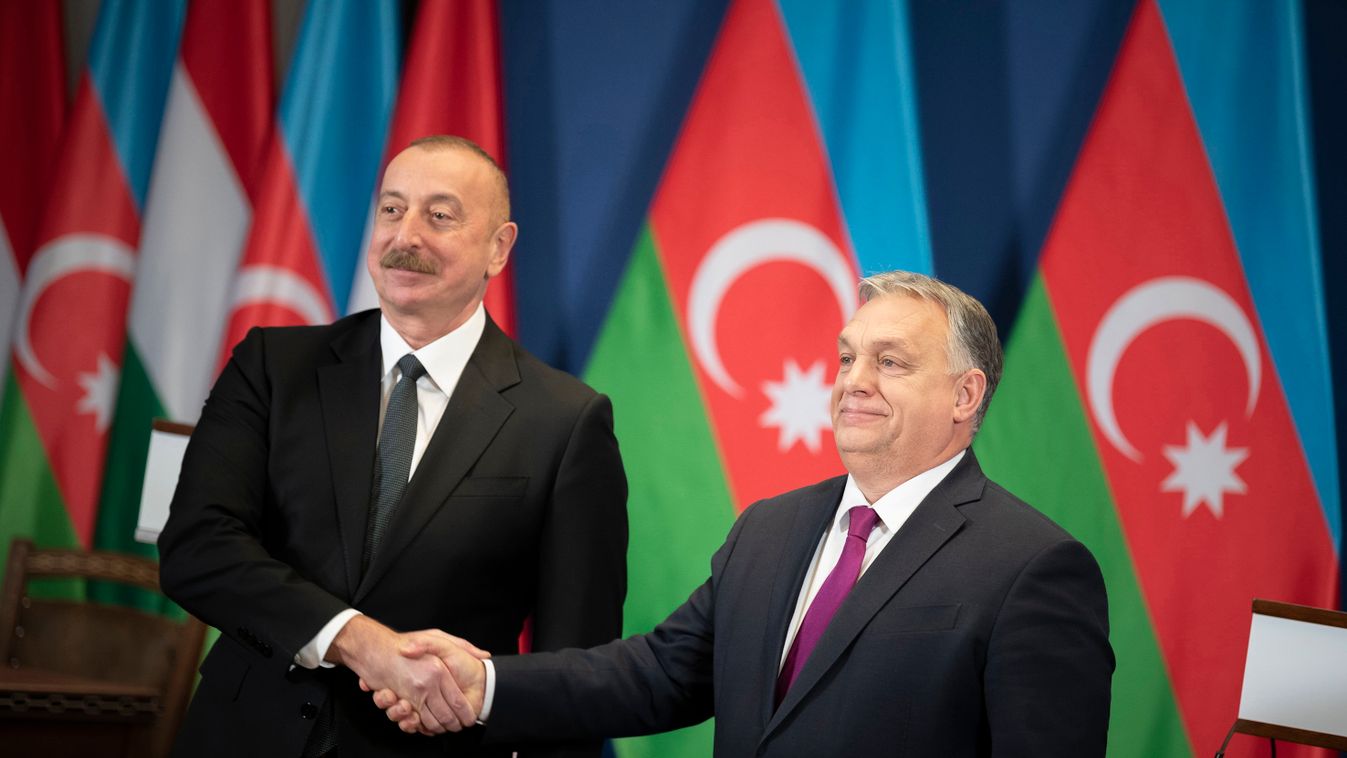

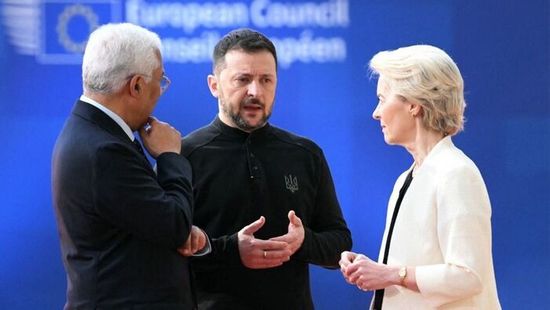
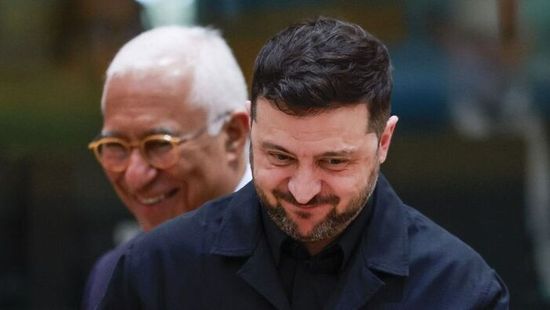
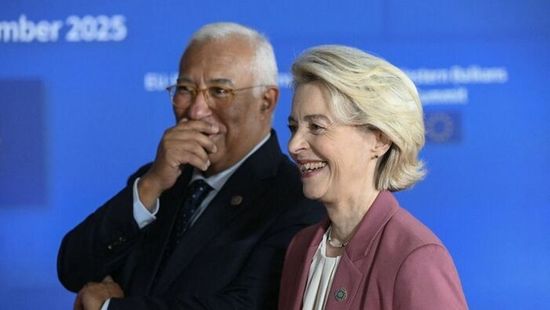
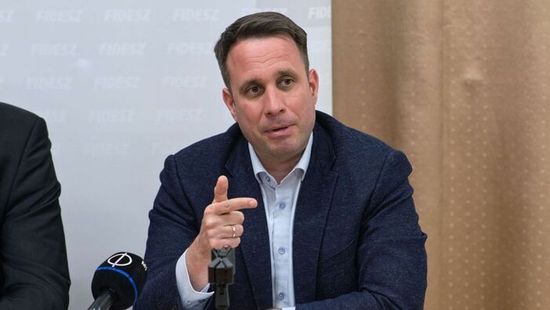


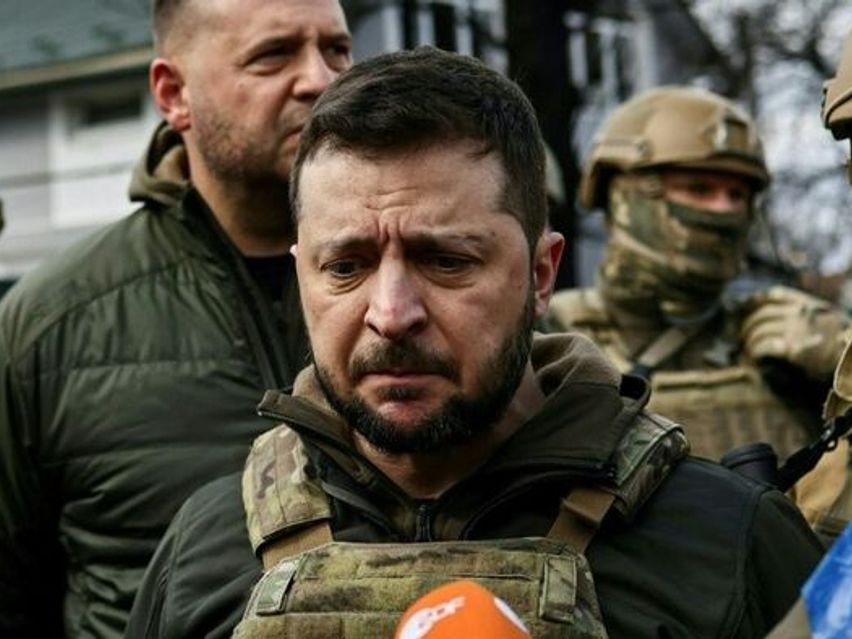
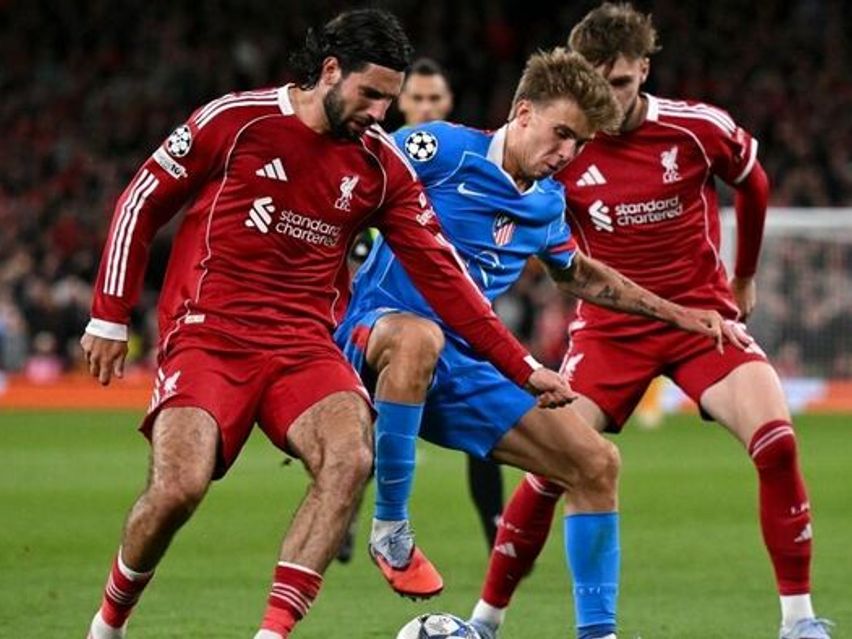


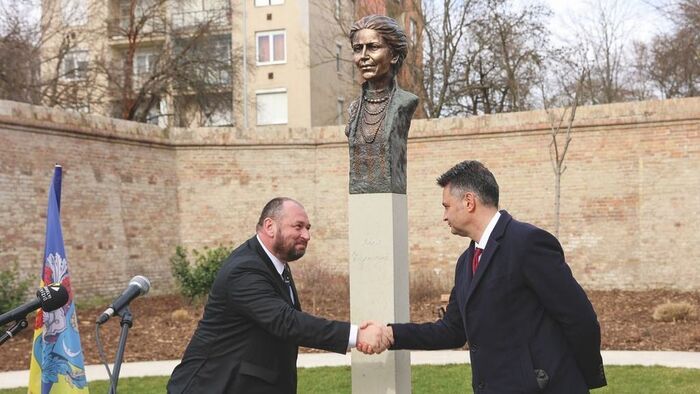
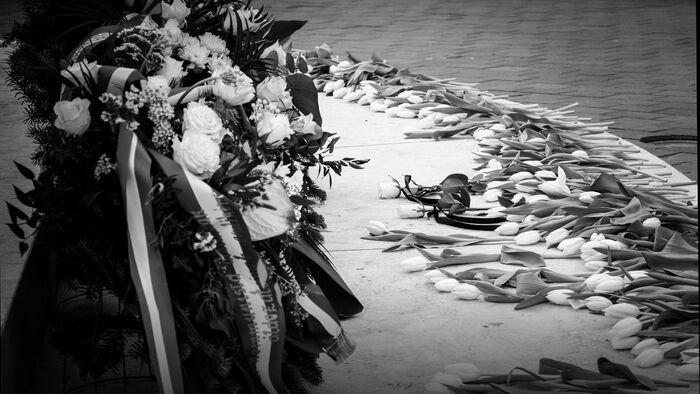
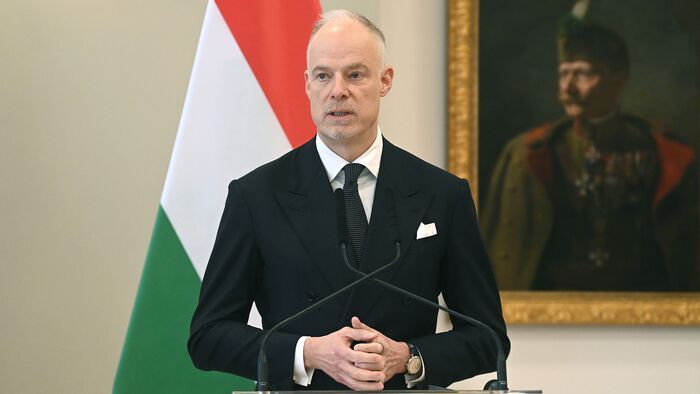
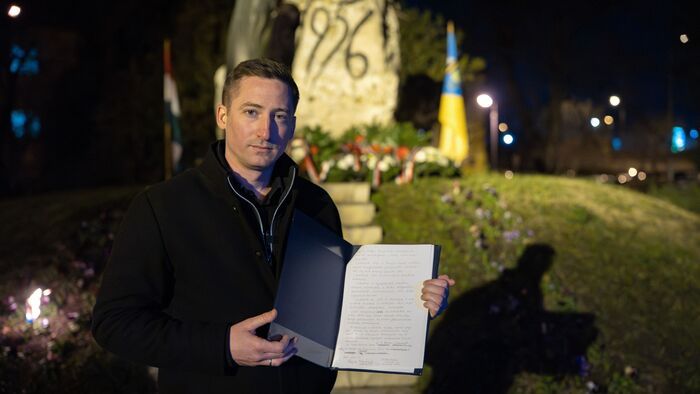
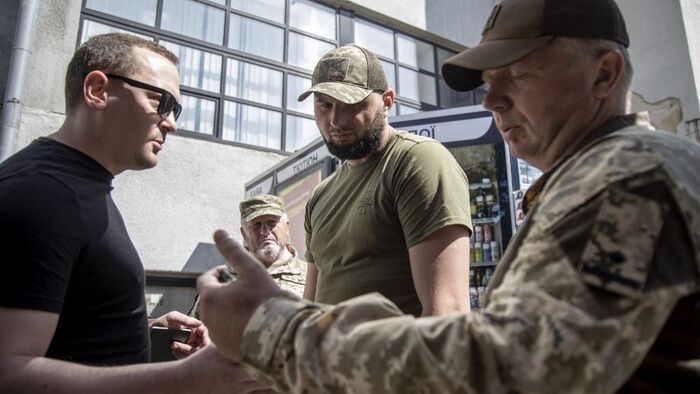
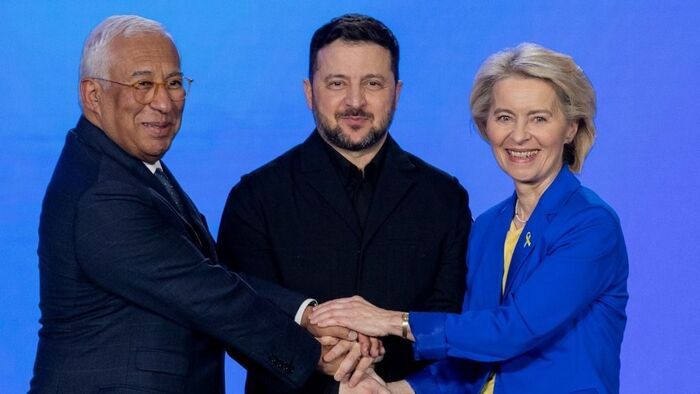
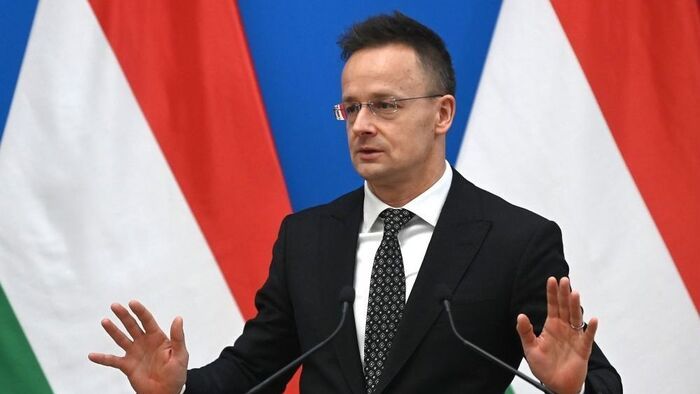


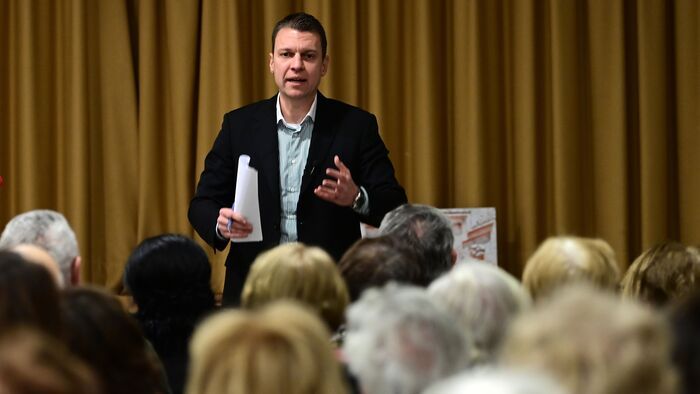
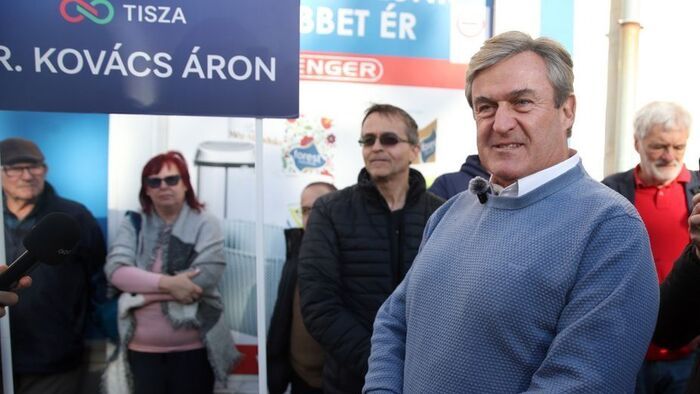

Szóljon hozzá!
Jelenleg csak a hozzászólások egy kis részét látja. Hozzászóláshoz és a további kommentek megtekintéséhez lépjen be, vagy regisztráljon!